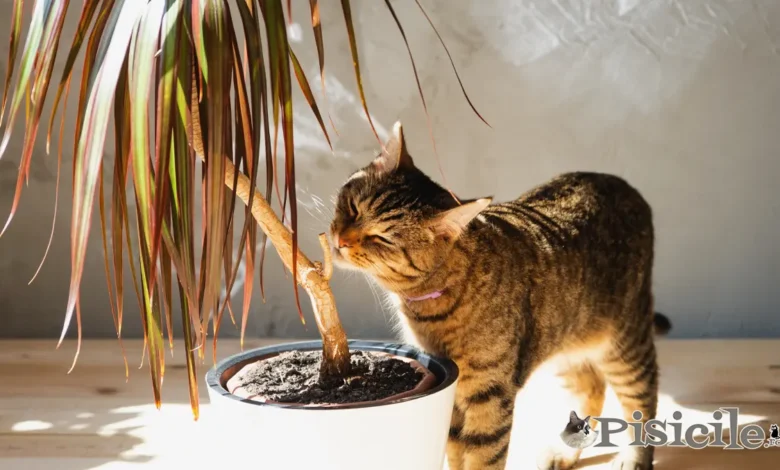
If you are a plant lover but have a cat in the house, it is highly advisable to know which plants are toxic to cats (poisonous) and which are non-toxic.
To beautify the appearance of the house in which we live, many of us choose to let's color the space and give it a more natural air with the help of plants, not knowing that some of these they are poisonous to the cat they can put their lives in danger.
Statistics show that they are over 700 toxic / poisonous plants for cats and for other pets or birds.
Although they are carnivorous animals, cats love to eat grass, especially during the molting process, but also the rest of the time,helping them with digestion. So, it is very important to know which plants are toxic to cats. It is said by the people that they still consume grass when their head hurts, but this is not confirmed by veterinarians or scientific studies.
There are cats who refuse to eat plants and grass, but there are also many who do not do this when they come across pots around the house. The latter confuse the good product with the plants in the house and will start to eat them eat the leaves, flowers and even the bulbs, not knowing that I can harm them. Therefore, it is your responsibility to ensure its good condition and to inform yourself about which plants you can bring near the cat. Know which plants are toxic to cats (poisonous) and which are non-toxic, which you can keep in the house with your cat.
Many of toxic plants it causes skin inflammations, stomach or oral cavities, and others can affect target organs, which can endanger the cat's life.
Subject
Symptoms - Cat Poisoned by House or Garden Plants (Toxic Plants for Cats)
The symptoms developed by the poisoning of the cat with plants can be associated with the organ that the poison affects, as follows:
If the kidney is affected, the cat will consume excess water and will urinate a lot.
If the poison affects the mouth or esophagus, cat vto salivate a lot and will he had difficulty swallowing.
vomiting and diarrhea, appear when the stomach is affected, colon or intestines.
Irregular heart rate, slow or fast is a sign that heart it is the one affected by the poisonous substances that the cat consumed from the plant.
If you notice breathing difficulties, the cat has problems with airways.
Also, if it presents inflammations, redness and itches, it can also be because of a plant.
In all these cases, the visit to the vet becomes priority and urgent. Take with you a leaf or flower that the cat has eaten, or if it has already vomited, try to take a sample. The treatment will be done according to the plant species.
To make the correct diagnosis, the doctor will subject the cat to a rigorous consultation. He will take a blood and urine sample, and if poisoning is confirmed, he will give substances to induce vomiting, medicated charcoal after the cat vomits to absorb the toxic substance left in the body, and infusions of vitamins and minerals to support the vital organs.
Although you are quite fast, and the treatment is given immediately, many cats end up poisoned. Doctors say that the most fatal plant for cats is the imperial lily.
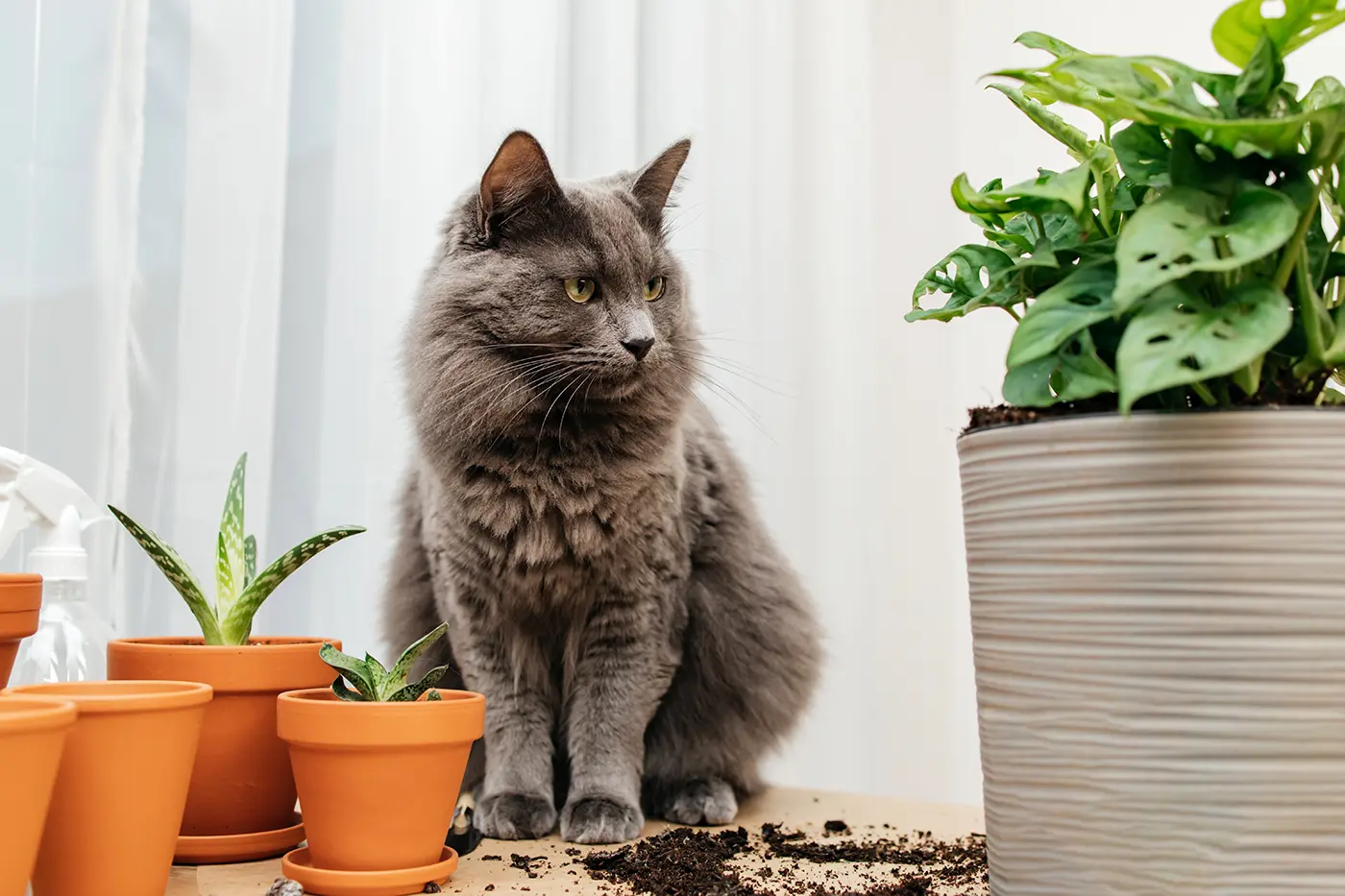
Recovery takes place over a long period of time with special diets, so follow the veterinarian's instructions and advice exactly.
What are the toxic plants for cats (poisonous)
Aloe vera: depression, vomiting, diarrhea, anorexia, tremors, change in urine color.
Azaleas: excessive salivation, weakness, vomiting, diarrhea, hypotension, cardiac arrest.
The cardboard tree: intense thirst, jaundice, liver failure, intestinal bleeding, scratching, vomiting.
Begonia: vomiting, excessive meowing, difficulty swallowing, irritation and burning in the mouth.
Cactus: irritations in the mouth and stomach.
Cala: vomiting, difficulty swallowing, irritation and burning in the mouth.
Lily and all related species: vomiting, diarrhea, renal failure, malaise, lack of appetite, salivation, tremors, convulsions, cardiac arrhythmias, low blood pressure, abdominal pain, irritation and burning in the oral cavity, difficulty swallowing. It is recommended not to keep any type of lily in the house, as it is fatal to many felines.
Santa Claus: vomiting, stomach and mouth irritations.
Chrysanthemum: inflammation of the skin, excessive salivation, vomiting, diarrhea.
Cyclama: salivation, heartbeat abnormalities, vomiting, diarrhea, cardio-respiratory arrest.
dracaena: dilated pupils, vomiting blood, excessive salivation.
ficus: skin inflammation, vomiting, salivation, mouth irritation.
Fern: abdominal pain, skin inflammation. (It can cause these problems, but it is not toxic).
Philodendron: difficulty swallowing, vomiting, burning of the lips and tongue.
pink: skin irritations, gastrointestinal disorders.
Gherghinele: skin conditions, gastrointestinal problems.
Ivy: abdominal pain, excessive salivation, vomiting, diarrhea, irritation and burning in the oral cavity, difficulty swallowing.
The teardrops: disorientation, low blood pressure, irregular heartbeat.
tulips: vomiting, depression, diarrhea, excessive salivation.
Oleander: hypothermia, heart problems, gastrointestinal irritations.
bat: fainting, vomiting, renal collapse, coma.
daffodil: salivation, vomiting, diarrhea, hypotension, convulsions.
Primrose: vomiting, diarrhea.
Rosia: gastrointestinal irritation, lack of appetite, weakness, hypotension, lack of orientation, low pulse, dilated pupils, diarrhea.
Urzicuţa: depression, anorexia, vomiting, diarrhea.
The elephant's ear: difficulty swallowing, vomiting, irritation and burning in the mouth.
Mistletoe: behavioral changes, hypotension, vomiting, cardiovascular insufficiency, low pulse, diarrhea, gastrointestinal disorders.
Hyacinth: skin inflammations, allergic reactions, vomiting, diarrhea.
Which plants are not toxic to cats?
There are a number of non-toxic plants for cats, which can be a safe alternative to plants that can be harmful to them. Here are some examples of non-toxic plants for cats:
Cat's weed (Nepeta cataria) – A plant that attracts cats and gives them a natural incentive.
Pătrunjel (Crisped Parsley) – A spice that you can grow in pots and that is safe for cats to eat.
Busuioc (Ocimum basilicum) – An aromatic herb that is non-toxic to cats.
Mint (Mentha) – A refreshing and stimulating herb for cats that is safe for them.
Rosemary (Rosmarinus officinalis) – A spice and aromatic herb that is not harmful to cats.
African Violet (Saintpaulia) – A popular indoor plant that is non-toxic to cats.
Ferigă (Nephrolepis exaltata) – A houseplant with delicate leaves that is safe for cats.
Bamboo palm (Chamaedorea seifrizii) – A small and elegant palm that poses no risk to cats.
Even though these plants are not toxic, each cat can have individual reactions to different plants, so it's always good to monitor your cat's behavior when introducing a new plant into your home and consult a vet if you have any concerns about your cat's safety. with certain plants.
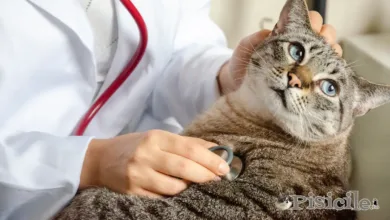
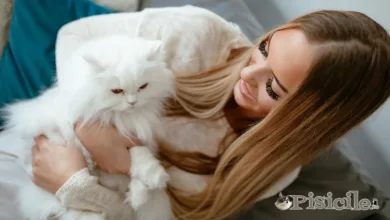
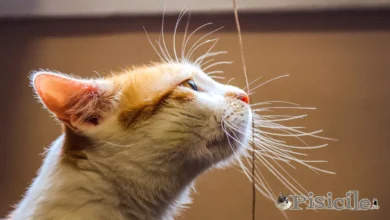
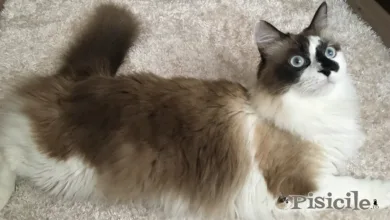
2 Comments